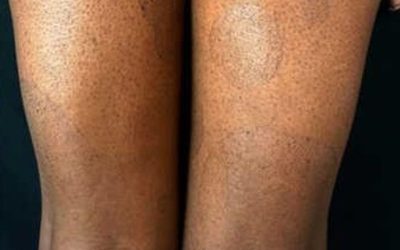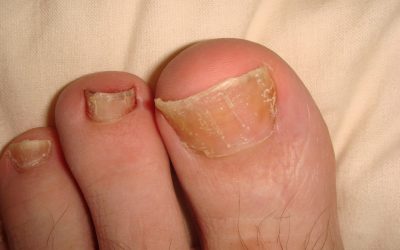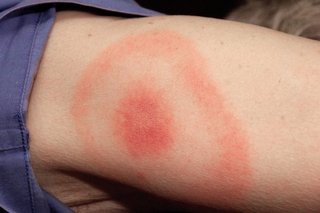Keratolysis Exfoliativa: Causes, Symptoms, and Treatment for Skin Peeling
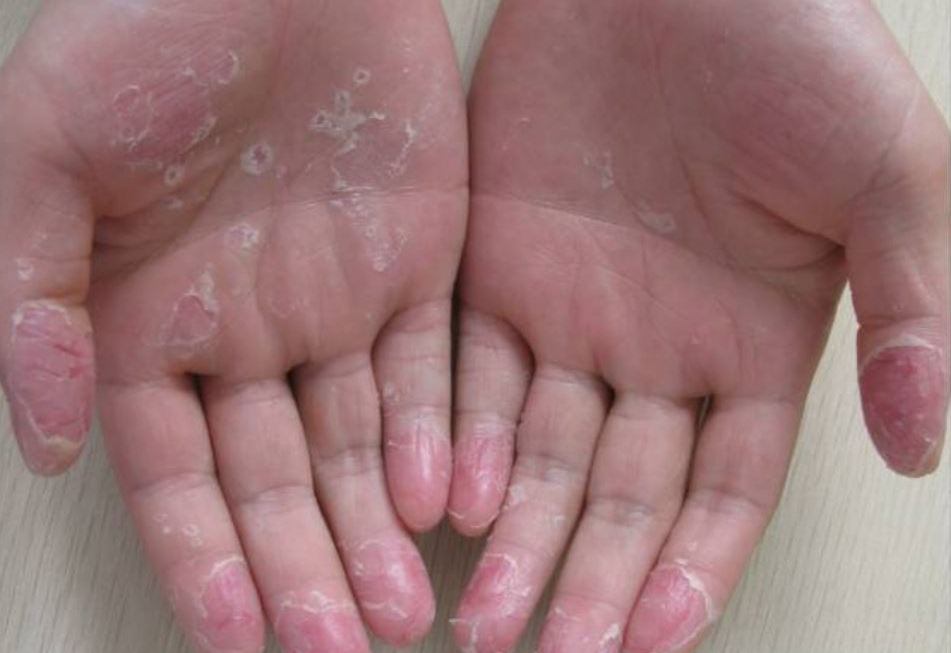
Why does Keratolysis exfoliativa occur?
The exact cause is not known. Microscopic examination of the damaged area of the skin shows delamination in the stratum corneum of the skin, which is caused by the premature breakdown of desmosomes (connectors that connect cells to each other) between corneocytes (skin cells). Disintegration of desmosomes can be accelerated by external irritants such as soap, detergents, solvents, etc.
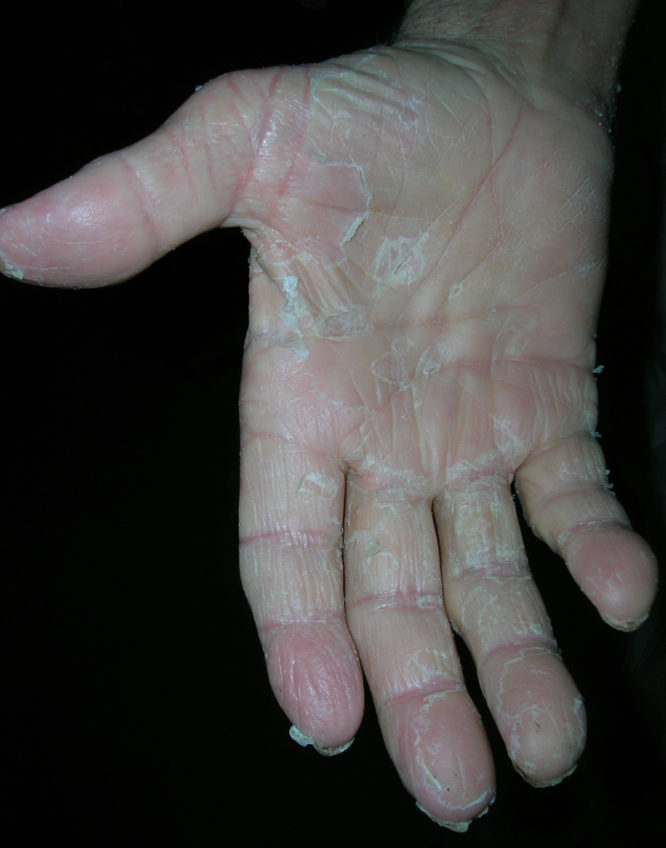
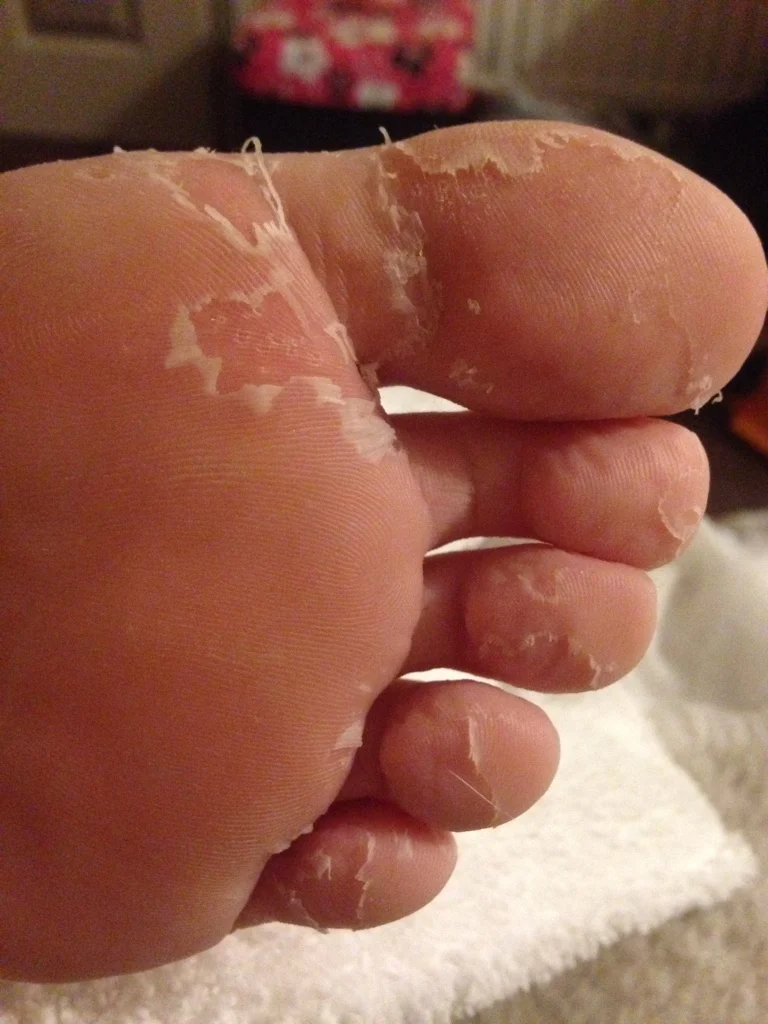
This skin condition is characterized by seasonality, about 50 percent. cases are observed in the warm season. It is more common in individuals with profuse sweating of the palms. The rash usually begins in the area of the palms and fingers – superficial, air-filled blisters appear, which, when they peel off, expand the area of damage, leaving round or oval-shaped, erythematous (pink) rash elements in the middle. In exfoliated areas, the barrier function of the skin is damaged, the skin is no longer protected from drying out, and cracks more easily. Itching is not characteristic. In the long run, by avoiding environmental irritants, the skin in the damaged areas regenerates.
How is Keratolysis exfoliativa diagnosed?
Keratolysis exfoliativa is diagnosed based on the characteristic clinical picture. In the case of an atypical clinical picture, additional tests may be performed: skin biopsy, microscopic examination for fungus, allergen patch test if contact dermatitis is suspected.
The treatment of exfoliative keratolysis must begin with the identification of irritants and their avoidance. Damaged skin needs moisture that will stimulate the regeneration of the surface skin, so it is important to use emollients that not only moisturize, but also promote the exfoliation of dead skin (especially useful if the emollient contains urea, lactic acid or silicone). For a severe course of the disease (in the absence of contraindications, e.g.: pregnancy, breastfeeding), oral drugs and phototherapy can be prescribed.
Unlike hand dermatitis, exfoliative keratolysis does not reduce the rash using topical steroids (hormones), so accurate diagnosis is essential. In the case of non-healing rash on the hands, consult a dermatovenerologist.

Paraneoplastic dermatological manifestation of gastrointestinal malignancies
rare disorders resulting from the immune system’s response to a cancerous process (neoplasia) in the body. Gastrointestinal neoplasms more often cause paraneoplastic syndromes affecting the skin.
Nail psoriasis
Psoriasis is a form of chronic systemic inflammatory autoimmune disease that mostly affects fingernails and toenails.
Lyme disease
It is contracted when a blood-sucking tick injects intestinal contents containing bacteria into a wound. Untreated Lyme disease can damage not only the skin, but also the internal organs, joints and nervous system.


